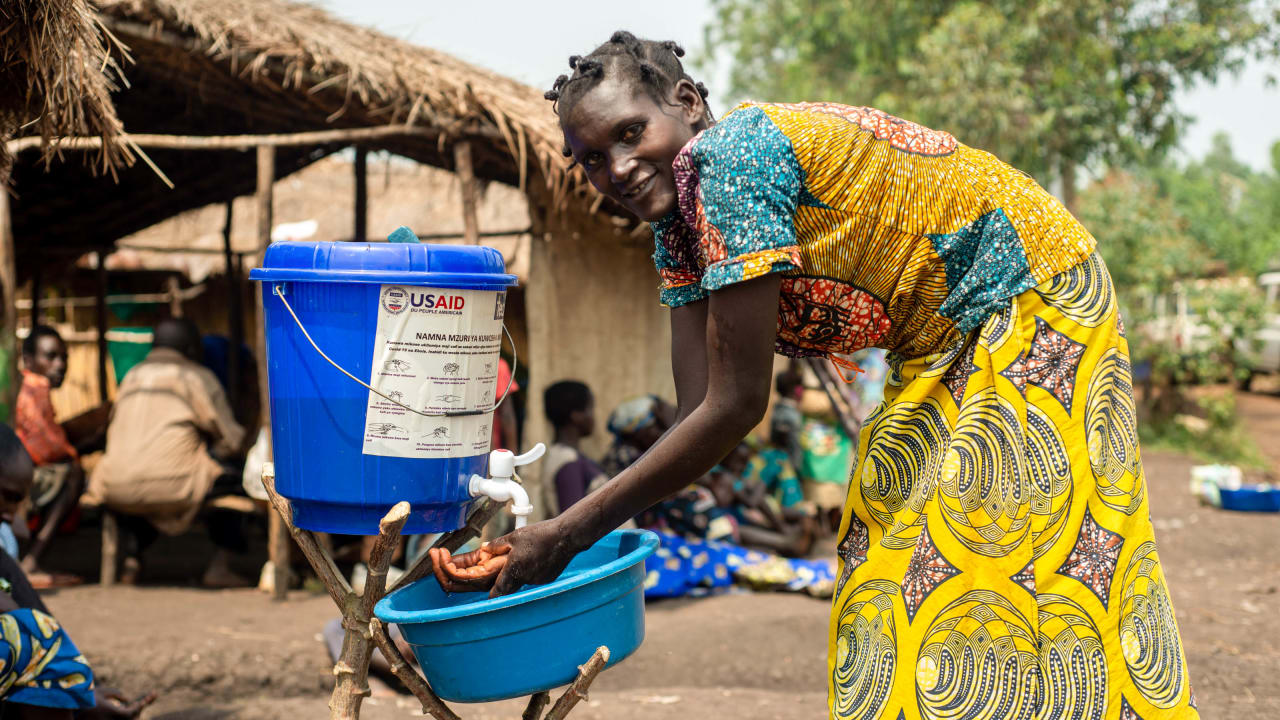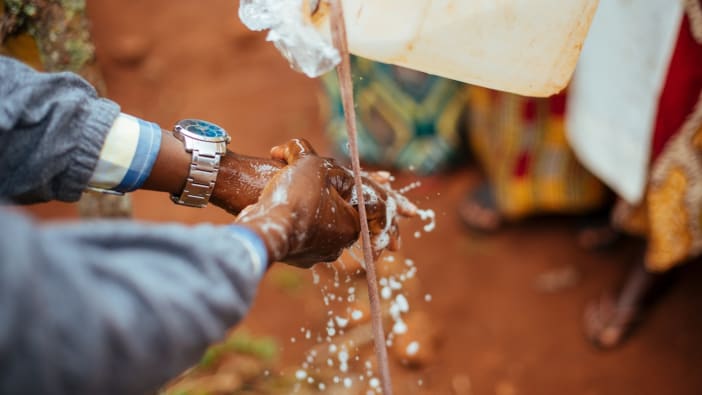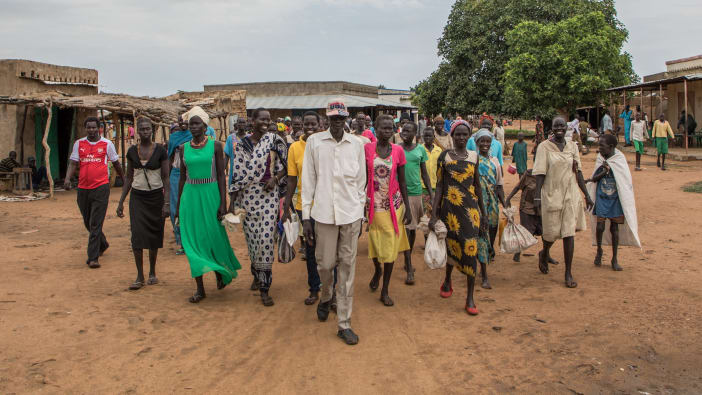The Bible’s teaching on hygiene
The Bible’s main teaching about physical cleanliness appears in Leviticus 11–15. Some of the rules may seem strange and harsh to us. However, our modern understanding of how many diseases are transmitted shows other rules to be very sensible.
Read Leviticus 11:32-40, 13:29-59, 15:1-15
The need for isolation and washing is often emphasised. Even today it may be difficult to distinguish between different types of infection and it may be better not to take chances. The transmission of diseases such as AIDS and hepatitis through blood and other body fluids clearly shows the need for care.
Read Romans 12:1
Paul urges us to present our bodies as a living sacrifice, holy and pleasing to God. What sort of bodies do we offer as we live for him? We cannot always avoid sickness but are we making the best use of our resources, both physically as well as spiritually? Are others put at risk by our own poor hygiene? Is this a Christian attitude (Philippians 2:4)?
Read Matthew 23:25-28
Jesus criticised the Pharisees for being clean outside but unclean inside. He told them to be clean from the inside out. Would Jesus say anything different to us today? What?
Paul Dean is a consultant in water and sanitation infrastructure and civil engineering, with considerable experience in Uganda, Bosnia and Pakistan.









